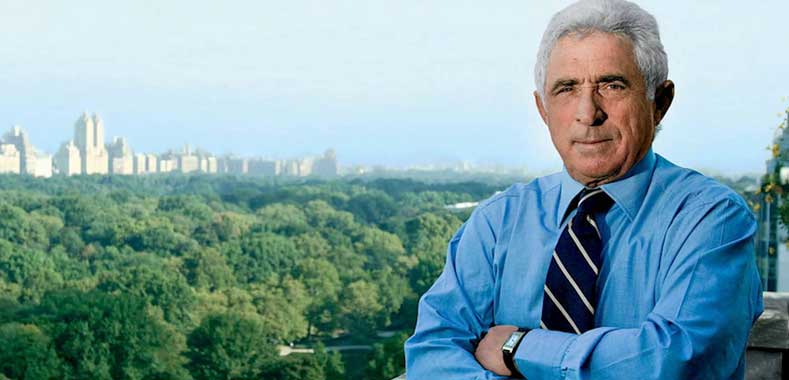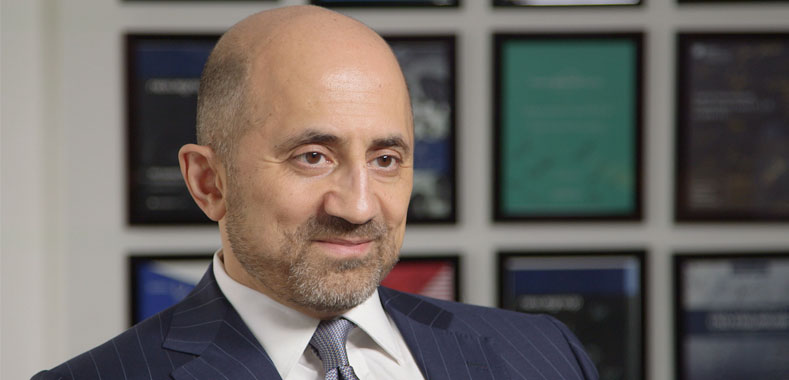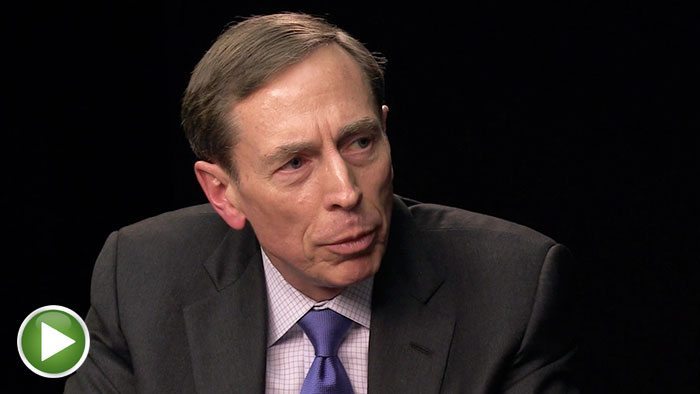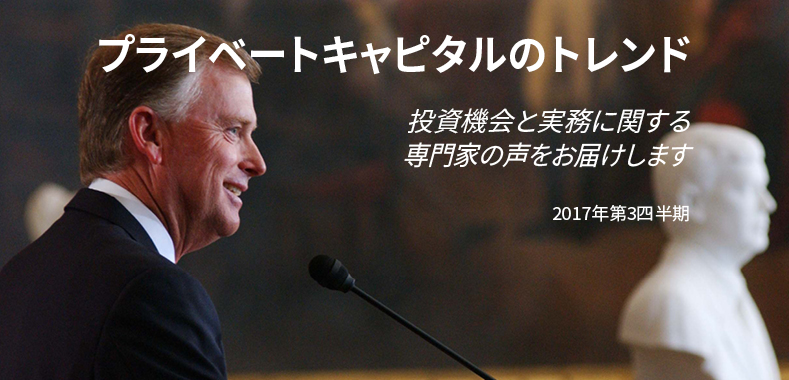Dan Quayle: My Cerberus Years
Former U.S. Vice President Dan Quayle left politics in 1999 to join Cerberus Capital, the rapidly growing, value-oriented private investment firm. He has been chairman of Cerberus Global Investments since 2001 where he now relishes a career well out of the spotlight. In an interview with Privcap, Quayle discusses what attracted him to Cerberus, what he learned from the 2000 recession, and why he misses Air Force Two so much.
(Dan Quayle spoke at the SuperInvestor conference, Nov 15 to 18 in Amsterdam. Learn more here: https://finance.knect365.com/superinvestor/)
Privcap: What activities take up most of your time at Cerberus?
Former Vice President Dan Quayle: I live in Arizona, but my main office is in New York, so I spend a lot of time on an airplane and I desperately miss Air Force Two. I also spend quite a bit of time traveling internationally. I recently returned from Taiwan and Japan and will be heading over to Europe soon. At one time, I was traveling to Japan about six or seven times a year when we had $10B to $12B invested over there.
How are you spending your time at Cerberus?
Quayle: I spend a significant amount of time with both our investors and our portfolio companies. On this last trip [to Taiwan and Japan], I was helping a portfolio company, as well as seeing some potential investors. I have been involved with Cerberus since 1999 when I helped build our office in Japan. And then I helped open our offices in Frankfurt and London.
You’ve been in the private equity industry since 1999. What have been some of the more striking changes that you’ve seen in the years between then and now?
Quayle: Today there’s a lot more competition, primarily because everyone is chasing yield. So, in my opinion, what has changed is that there is a lot of money out there pursuing the same amount of deals, and this competition makes it challenging to get good prices.
As competition has grown, how has Cerberus sought to distinguish itself from other investment firms?
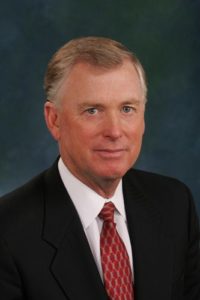
Quayle: We focus on distressed assets, which is where we cut our teeth back in 1992. We have an institutional advantage, because we have about 100 professionals—former senior-level executives such as CEOs, CFOs, chief legal counsels, as well as functional experts—that work for an affiliate on a full time, exclusive basis. It gives us the capability to handle due diligence in-house. And, when we acquire a company, we don’t have to necessarily go outside and hire a new management team or hire a new board. These are people that know Cerberus, know our culture—very experienced people that do a great job.
While you’ve been at Cerberus, there have been two substantial economic downturns, in 2000 and in 2008. What did you learn about investing through those recessions?
Quayle: One very important lesson we’ve learned was to shy away from cyclical businesses. When you have business cycles that you can’t control, that’s a very challenging proposition. Just take, for example, the car industry. They were selling approximately 16 million cars domestically one year, and then two years later it was eight million. How can you predict that? You can’t.
What kinds of questions are you getting from your investors today?
Quayle: On a general level, we have seen a lot of questions on macroeconomic issues and geopolitical risks. Everyone is focused on when [Federal Reserve chair Janet] Yellen is going to raise the interest rates.
People are also very concerned about Brexit. Is this contagious? Is it going to spread beyond Europe and have an impact globally? My personal opinion is that it is not going to be as disruptive as predicted. However, the courts have indicated that Parliament has to vote before Article 50 can be triggered. This is a very interesting development.
People have questions about China because of its large economy. Are there bubbles there? What are the Chinese going to do domestically? What are their intentions outside of China, particularly in the South China Sea and the East China Sea? Investors see an unstable and unpredictable world, which gives them concern.
You had a long political career before joining private equity. What was it about the private equity industry, or Cerberus in particular, that you found attractive?
Quayle: After we lost the campaign to Bill Clinton in 1992, I did the normal, expected thing, which was to position myself to run for president. I wrote three books. I was on the lecture circuit. I taught at Thunderbird [School of Management] in Phoenix. Then George W. Bush turned out to be successful, and I wasn’t. I still considered myself fairly young. I was 52, and I’d been in politics since I was 29. And my wife basically said, “You know, you’ve really got to do something else.” And my father said, “Why don’t you try to get a real job for a change, something in the private sector?”
Then I met [Cerberus Capital Management co-founder and CEO] Steve Feinberg, and I was very impressed with his knowledge and where he wanted to take the company. I liked and respected him immensely. When I joined, we had $5B or $6B under management. Now we have about $34B under management, so there’s been great growth and it’s a great company. Steve Feinberg is an outstanding individual, and he is the one that I was attracted to when I signed up.
What was it like being inside a financial institution for the first time in 1999 and watching the recession unfold all around you?
Quayle: Well, it gave us a lot of opportunities. It was a global downturn, as well, and I spent my first couple of years at Cerberus really focusing on Japan. We had a non-performing loan operation there. Japan was going through the same experience that we had in the U.S. back in the days of the savings and loan (S&L) crisis [from 1986 to 1995]. I was in the Senate and the White House at that particular time. Non-performing loans is a very large and successful business for Cerberus. Right now, we are the largest purchaser of non-performing loans in Europe. We started in the U.S. in the early ’90’s, focused on opportunities arising from the S&L crisis, and moved to Japan in the late ’90’s.
What skills that you developed in politics have been most valuable in investing?
Quayle: Developing relationships is key to success—whether it’s with potential investors, your portfolio companies, your partners at Cerberus, it’s all relationships. Politics is about relationships; business is about relationships. Personal relationships are very important, and the stronger the relationships, the more opportunities that you have. So in that sense, the world of politics was very helpful to me during my transition to the business world.
What do you miss most about your political career, and what do you not miss?
Quayle: Well I miss the plane the most, particularly with as much travel as I do. What I don’t miss is the media, the constant scrutiny. I’ll leave that to others.
What regulatory reforms do you think would have the biggest impact on the U.S. economy?
Quayle: The scope of Dodd-Frank needs to be scaled back and redefined. I think there’s so much ambiguity out there. Even Sarbanes-Oxley can stand some reform. The Consumer Financial Protection Bureau really needs to be accountable to Congress. They have a total free hand right now, and it really needs to have some oversight and some accountability.
I think everybody from the business community feels the heavy hand of regulation. Look, we know that we need to have some regulation. But overregulation stymies innovation and capital formation, and it’s not good for the economy. I’m not saying that’s the only reason the U.S. is not creating good jobs, but it is certainly symptomatic of why we’re not having the job creation that we should have.
How would you like to see Cerberus evolve over the next 10 years? Do you envision adding new lines of business? Going into new geographies?
Quayle: We are a very diversified company right now. We have operational private equity; we have real estate, corporate credit and distressed debt; we deal with non-performing loans; we have a superb lending company. We will probably stay with those disciplines and continue to execute as we have been. We have a very successful track record, but as our CEO says, “We’re only as good as tomorrow.” So we cannot just look at the past and say how great we’ve been. We have to be great in the future as well.
I’m interested in your view on the evolution of some very large institutional investors in Japan. Is the reported move toward global private equity allocations real?
Quayle: I met with a number of the institutional investors on my most recent trip, and they are clearly looking outside of Japan for more investment, including alternative investments. Some of the allocations can go up to maybe 10 percent. They have to fund their pensions. In Japan, they have negative interest rates right now, and it is a matter of survival from a financial point of view and a fiduciary responsibility. In the past, they have invested mostly in Japan, and this is going to change dramatically, I think, in the next six to 18 months.
Something tells me, then, that you’ll be visiting Japan again. . .
Quayle: Yes, probably many times.
